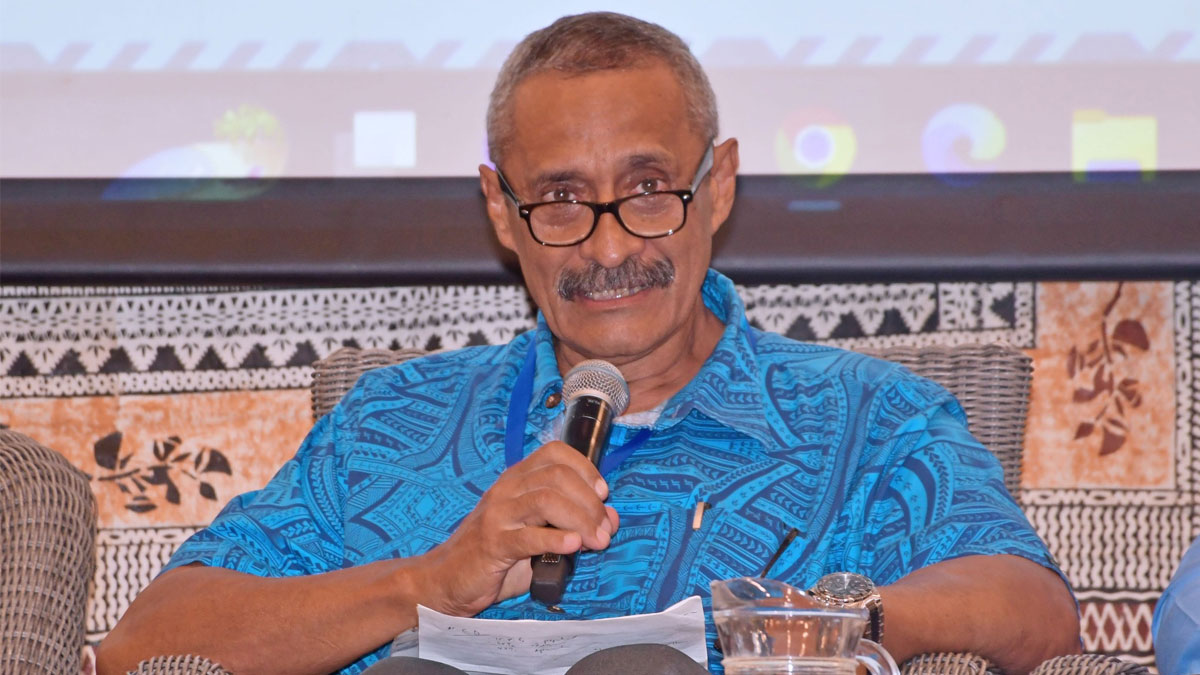
Public health care providers do not have the resources to provide all the care that is promoted by the providers and desired and demanded by the public who increasingly with travel, education, television and relatives abroad now have an unrealistic expectation of the system.
This has been highlighted by former Head of Surgery and Medical Sciences at FNU, Doctor Eddie McCaig while speaking during the National Economic Summit and says yes, there is a problem and the Ministry of Health is working and doing their best but it is not good enough.
Dr. McCaig says in 2019, 3.82 percent of the GDP was spent on the health sector which equates to $236 per person which is not enough.
The doctor says Fiji in the list of ranking of money spent of GDP was listed at 151, which is worse than the grading of our soccer team so yes, we do need more money.
He says last year Fiji lost 807 nurses which equates to 26.7 percent of 3,056 nurses.
He says doctors right now are very well paid in Fiji compared to when he started as an intern and got $2,000 per year but doctors at this time get paid about $45,000 a year so the salary is not a big issue.
Dr. McCaig says however nurses are not getting paid well and when he once asked the administrators why, he was told that they did not submit their proposal early enough.
He says this government should prioritise and put money where there is high demand.
Meanwhile, Doctor Shanita Sen says private hospitals and clinics play a critical role in achieving universal health care in Fiji.
She says health care providers are often motivated by their desire to attract and retain patients and to achieve this, they must provide quality health care services that meet the needs and the expectations of the patients.
Dr. Sen says private hospitals and clinics must invest in modern equipment, and they should hire skilled health care professionals to improve the quality of care.
She says by doing this, they can help increase the standard of health care across the country.
The doctor says private hospitals can also help increase access to health care services, particularly for people living in remote and rural areas.
She says they are also able to offer services in public health care facilities such as specialised surgeries and treatments.
Doctor Sen says private hospitals can invest in modern medical equipment to improve quality.
She further says private hospitals and clinics can contribute to financing health care services where private health care providers can work in partnership with the public sector to provide affordable health care services to those people who otherwise would not be able to access them.
She says for example, the government could provide funding to private hospitals and clinics to establish facilities in the under served areas or hire health care professionals to work in remote communities and a very good example is the public private partnership which is in the form of free medicine scheme.
Stay tuned for the latest news on our radio stations

